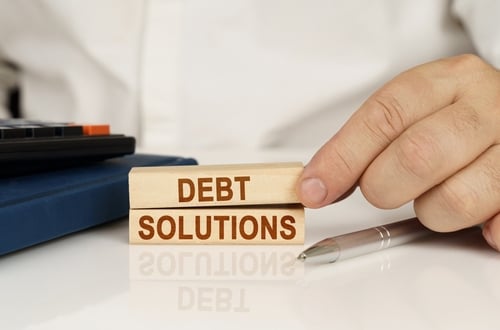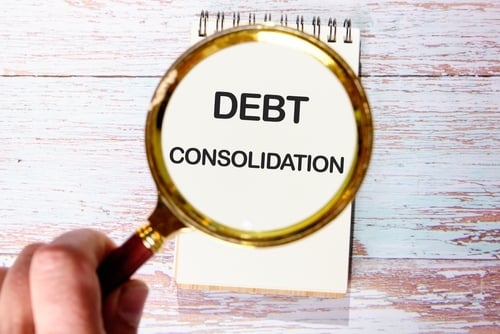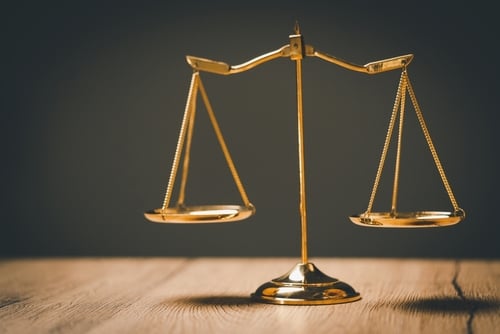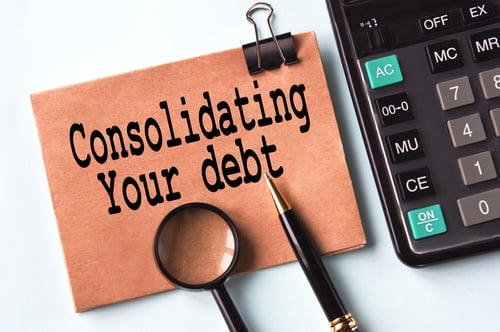How to Dispute a Wrong Charge on Your Credit Card Bill
Most of the time when we use a credit card, purchases go through seamlessly and without incident. At the end of the billing cycle we receive a monthly statement including all charges, interest expense, minimum payment due and total amount of debt outstanding.
Just about all of the time, things check out accurately, all purchases reflect their proper amounts and we aren’t charged for anything that we didn’t actually purchase ourselves.

However, sometimes there are mistakes – either an incorrect amount or a fraudulent charge appears on our statement or online account and we need to dispute the charge. Other times we pay for a product or service that falls short in terms of expected quality and we need to dispute that charge. But just how should we go about disputing an incorrect charge on our credit card bill? Let’s take a closer look.
Fraudulent Credit Card Charges
If you spot what you consider to be a fraudulent charge on your credit card bill, contact your credit card issuer immediately. Do not wait. Even though you may have as long as two full billing cycles to report the fraudulent charge and bear no liability, get on the phone with your issuer right away.
With fraudulent charges, the maximum amount you can be held responsible for is $50, but most banks will waive this and invoke a “zero liability” policy when it comes to fraud.
After the charge is reported as fraudulent, your account will be closed and you will be issued a new card with a new account number. You can also choose to file a police report, since a fraudulent charge on your account could be part of more widespread criminal activity that extends beyond just your account.
ABC
Billing Errors
The Fair Credit Billing Act (FCBA) describes dispute settlement procedures for credit card transactions that involve billing errors. These include unauthorized charges; charges that list the wrong date or amount; charges for goods and services you did not accept or were not delivered as agreed upon; and failure to post credits after an item has been returned, among others.
In order to dispute a billing error, you must write a letter within sixty days of having received your credit card statement to the creditor that includes copies of sales slips or other documents that supports your case. Send your letter by certified mail, return receipt requested so that you have proof of what the creditor received from you.
The creditor must either resolve your dispute or acknowledge receipt of it, in writing, within thirty days of receiving it. Your complaint must be resolved within two billing cycles or ninety days. Use the following letter template from the FTC website for billing errors.
Dispute Investigation
During the investigation that follows, you may withhold payment on the disputed amount. You are, however, responsible for all other aspects of your bill. The disputed amount can be held against your credit line, reducing it until the matter is settled. The creditor may not report you as delinquent, nor restrict or close your account.
The creditor may report to the three major credit bureaus (Experian, Equifax and TransUnion) that you are challenging your bill, but this will have no impact on your credit score. If your bill included a mistake, the creditor must explain in writing the adjustments that will be made.
Your account will be appropriately credited and any associated finance charges or late fees will also be credited back. If the creditor determines that you owe the disputed amount, you must be notified in writing and can request all relevant documents related to the outcome of the investigation. If you disagree with the final decision, you must respond in writing within ten days indicating that you refuse to pay the disputed amount.
The creditor, in turn, can institute collections proceedings. If a creditor reports you as delinquent to any of the credit bureaus, the creditor must also indicate that you do not believe you owe the money. The creditor must inform you of any agencies who receive a delinquent report related to the charge and send you a copy of the report.


Disputes Related to the Quality of Products and Services
The FCBA also provides consumers the right to dispute charges when the consumer is dissatisfied with the transaction, under a process known as Claims and Defenses. The first step, however, is to attempt to solve the matter directly with the merchant, to obtain a refund or store credit.
Keep copies of emails or similar proof that an attempt was made with the merchant. Contact the credit card issuer and inform them that you are disputing a charge under Claims and Defenses and are attempting to resolve it with the merchant.
Conditions that must be met include that the transaction be greater than $50, the purchase has to have been made in the same state that in which the consumer resides or within 100 miles of the address on the account (online transactions are exempt), and a good faith attempt has been made to resolve the situation directly with the merchant.
At this point, the consumer should send a letter to the creditor’s billing inquiries department, return receipt requested that includes supporting documentation, sales slips, photos of damaged goods and any correspondence between consumer and merchant. An investigation will follow and the credit card issuer will notify you of the outcome in writing.
Are you in debt? we can help

About The Author: Steven Brachman
Steven Brachman is the lead content provider for UnitedSettlement.com. A graduate of the University of Michigan with a B.A. in Economics, Steven spent several years as a registered representative in the securities industry before moving on to equity research and trading. He is also an experienced test-prep professional and admissions consultant to aspiring graduate business school students. In his spare time, Steven enjoys writing, reading, travel, music and fantasy sports.
Get Debt Relief
Speak with licensed debt specialists dedicated to guiding you toward financial stability every step of the way.

Ready To Get Started?
See if you qualify for debt relief. Get a Free savings estimate to see how quickly you can be debt free.
Embrace financial freedom with our tailored solutions, expert guidance, and unwavering commitment to your success.
Experienced Professionals
Our experienced team has helped thousands of clients successfully eliminate debt and regain financial freedom.
Customized Solutions
We know every financial situation is different, so we design personalized debt relief plans to fit your specific needs and goals.
High Success Rate
Our proven debt relief strategies deliver real results. With a strong track record of success, we help clients achieve lasting financial stability.
Confidential Consultation
Your privacy is our priority. All debt relief consultations are 100% confidential and handled with the highest level of discretion.
Explore other blogs











